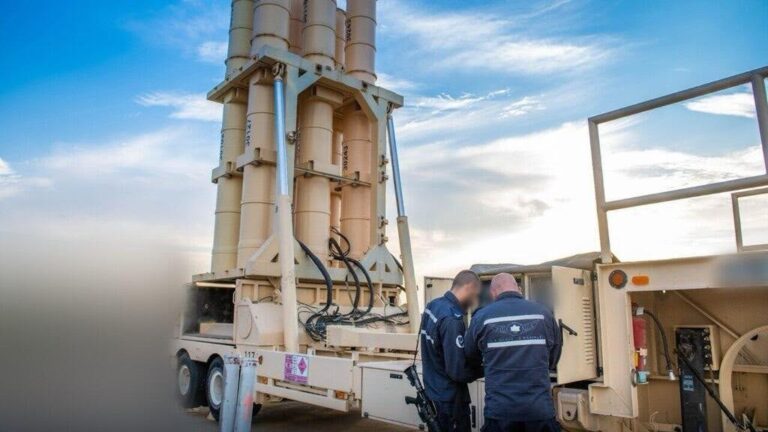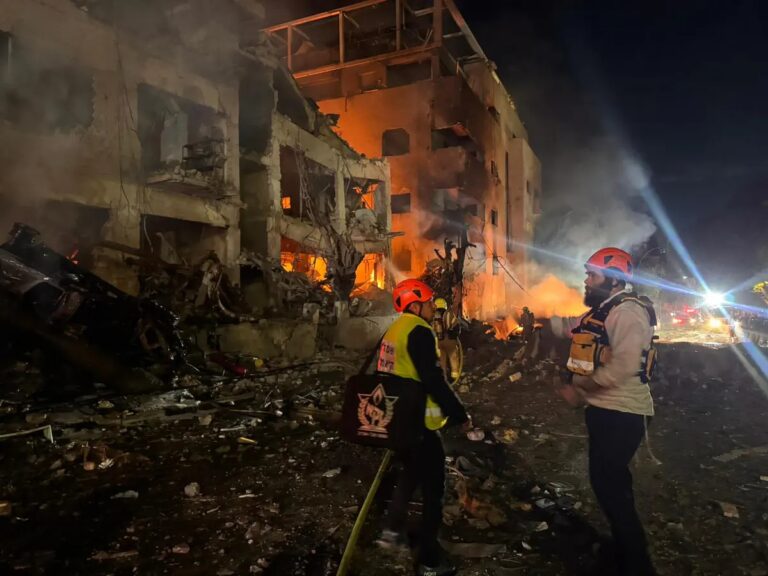 The Federal Emergency Management Agency (FEMA) has $2.4 billion in its Disaster Relief Fund to last through Sept. 30 and is seeking $1.8 billion for the fiscal year that begins Oct. 1. Lawmakers from both parties say those sums are not enough to pay for the billions in damage caused by the extraordinary string of weather-related disasters this spring.
The Federal Emergency Management Agency (FEMA) has $2.4 billion in its Disaster Relief Fund to last through Sept. 30 and is seeking $1.8 billion for the fiscal year that begins Oct. 1. Lawmakers from both parties say those sums are not enough to pay for the billions in damage caused by the extraordinary string of weather-related disasters this spring.
“FEMA will have to stop recovery efforts in 50 states in the spring of 2012” without additional money for disaster relief, Sen. Mary Landrieu, D-La., wrote in a letter to her colleagues. She heads the Senate panel that oversees FEMA finances.
The administration acknowledged Thursday that FEMA could run out of disaster-relief money. The relief fund “could be solvent until calendar year 2012,” Meg Reilly, a spokeswoman for the Office of Management and Budget, said in an e-mail. “But that will depend on the summer storm season and other factors.”
FEMA Chief Financial Officer Norm Dong said in a blog post Tuesday that the $2.4 billion will pay for “life-saving and life-sustaining efforts” in heavily damaged areas by helping people get food, shelter and clothing.
Beyond offering immediate assistance, FEMA is vital to disaster recovery because it pays at least 75% of long-term projects, such as rebuilding schools, hospitals and roads. Dong did not say whether FEMA will have enough cash to pay for those projects.
If the disaster fund dips below $1 billion, the agency will stop approving rebuilding projects until the fund is replenished, FEMA Administrator Craig Fugate told a House hearing in April.
“For communities to feel good about themselves, they have to know help is on the way,” said Pat Hall, Iowa’s disaster-recovery coordinator. “It’s not the first 60 days after a disaster. It’s when you see that first building go up, when you see that bridge replaced, when you see debris gone that you know recovery is happening.”
Last year, Iowa had to delay $340 million in rebuilding projects from disasters that occurred in 2008 and 2010, Hall said, because FEMA’s disaster fund ran low and the agency stopped approving long-term recovery projects from Feb. 1 to Aug. 1, until Congress approved an additional $5.1 billion. Hall said people in Joplin should be “very worried” about FEMA’s funding level.










